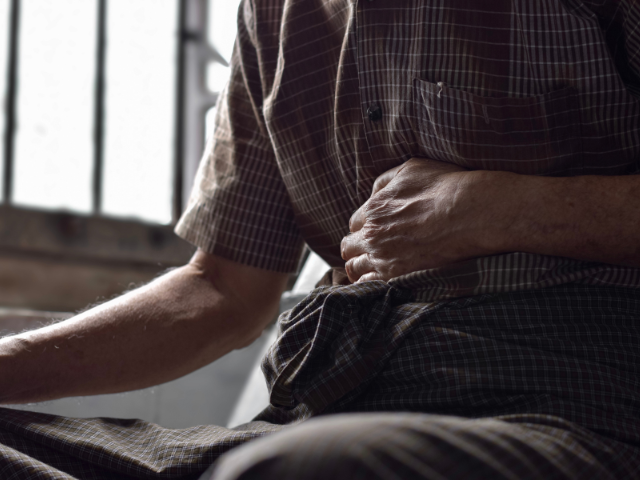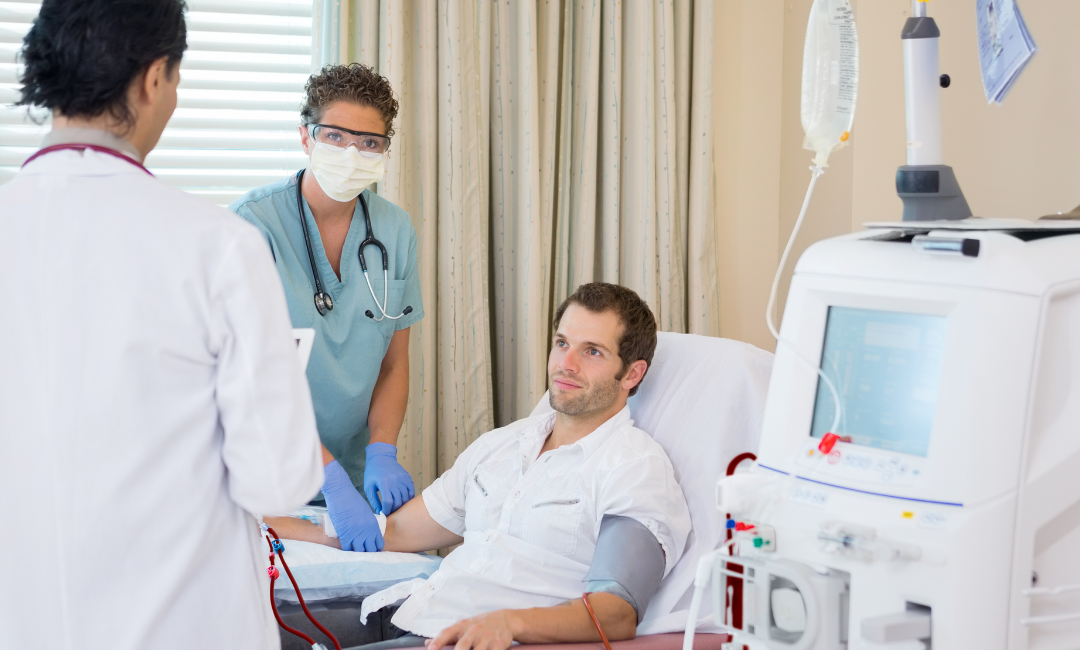C Diff Management
Physical assessment: Monitor the patient’s temperature. C Diff can trigger a fever as an immune response. A temperature of 100.4°F is frequently observed.
Observe the stool characteristics. Frequent, foul-smelling, watery stools are typical in C Diff.
Monitor the hydration status. Since C Diff causes severe diarrhea, there is a higher risk of dehydration. Monitor for signs and symptoms such as:
- Fatigue
- Headaches
- Lightheadedness and dizziness
- Dry mouth
- Tachycardia
- Low blood pressure
- Loss of appetite
- Nausea, vomiting, abdominal pain, and abdominal distention
- Concentrated urine
- Dry skin, decrease in skin moisture, and poor skin turgor
Watch out for signs of shock. Serious complications like severe dehydration can arise from diarrhea related to C Diff.
It can result in the following:
- Alteration in mentation l
- Lethargy
- Confusion
- Rapid heartbeat
- Fainting
- Electrolyte imbalances and hypotension
Diagnostic Procedures
Obtain stool for testing: Patients should be evaluated for C Diff if they experience three or more loose, unformed stools of sudden onset in 24 hours without any other known cause. In severe colitis, stools may test positive for blood.
Send blood samples for laboratory testing. A complete blood count may reflect increased white blood cells. Electrolyte and serum creatinine levels may show signs of dehydration, fluid accumulation in the tissue, and renal damage. Albumin levels are likely decreased in a C Diff patient. Serum lactate levels are increased in severe cases of C Diff.
Assess for possible complications. If the healthcare provider suspects potential complications of C Diff, an abdominal X-ray or CT scan should be considered.
Implement Contact Precautions: Patients with C Diff should be on contact precautions. Put the patient in an isolated room if diarrhea is present and advise the patient and visitors of the following:
- Wash hands with soap and water after every restroom use.
- Only use a private bathroom dedicated to the patient.
- Never share utensils and personal things with others.
- Clean room and surfaces with bleach disinfectants.
- Strict implementation of contact precautions, including hand hygiene and wearing of gloves and a gown.
- Hand sanitizer is not practical in killing C Diff spores.
Manage diarrhea and complications by doing the following:
- Promote hydration. Fluid losses occur quickly with diarrhea.
- Severe dehydration may need to be treated with IV therapy.
- Encourage plenty of oral fluids as tolerated.
- Hydration can also prevent kidney failure.
- Rest the colon: During diarrhea, advise the patient to avoid certain foods, such as dairy products, fatty foods, foods high in fiber, and foods with seasonings.
- Eat bland foods to help minimize stomach upset and irritation. The BRAT diet, which stands for bananas, rice, apples, and toast, can reduce diarrhea.
Monitor the electrolytes: Replenish the electrolytes and fluid loss due to diarrhea. Diarrhea can be life-threatening due to dehydration and electrolyte imbalances.
Encourage the patient to take probiotics as recommended: Supplements or foods containing microorganisms known as probiotics are meant to help the body’s healthy bacteria grow.
Provide skin care: Frequent watery diarrhea irritates the perineal area and can cause skin breakdown, pressure ulcers, and other infections. The perineal areas should be kept clean, dry, and soothed with cool wipes. Apply barrier creams if the patient is incontinent.









